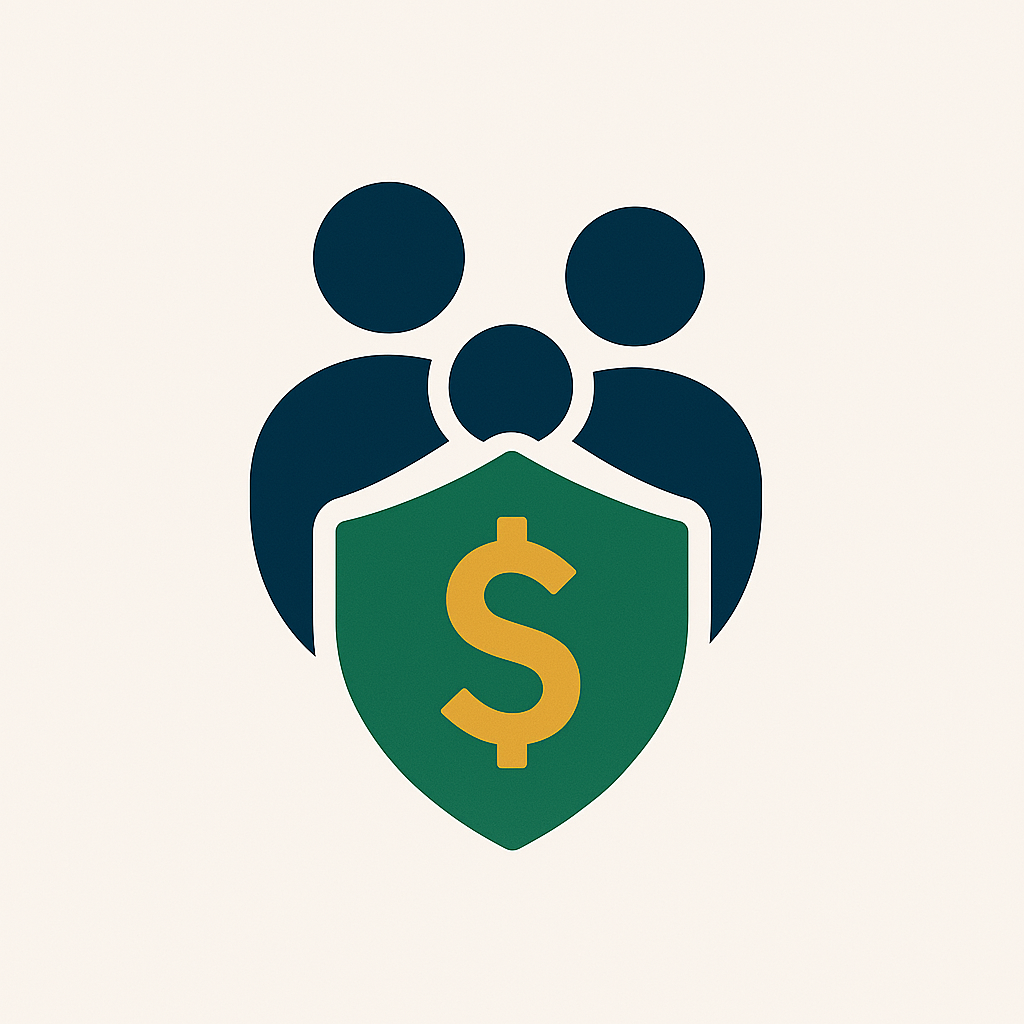10 Things To Stop Buying If You Want To Hit Your Financial Goals
Hitting financial goals can feel like a distant dream, especially in today’s economy. Between rising costs of living and mounting debts, achieving financial independence can feel impossible. But it’s not impossible! By implementing a few simple strategies, you can start to chip away at your financial mountain and work towards your financial goals.
The Importance of Financial Planning
Financial planning is the cornerstone of achieving financial success. A solid financial plan outlines your income, expenses, and savings goals, allowing you to track your progress and make informed decisions.
Here are some benefits of financial planning:
* Reduced stress: Knowing your finances in order helps you avoid unnecessary financial stress and make informed decisions that align with your goals.
* Financial security: Financial planning can help you weather unexpected financial setbacks and maintain stability during challenging economic times.
* Increased peace of mind: Achieving financial goals can significantly boost your overall peace of mind and allow you to focus on other aspects of life.
10 Things to Stop Buying to Hit Your Financial Goals
Achieving financial independence often requires making significant changes in your spending habits. Here are 10 things you can stop buying to prioritize saving and investing:
1. Dining Out: Restaurant meals add up quickly. By reducing or eliminating your spending on dining out, you can save a significant amount of money over time.
2. Entertainment Expenses: Subscriptions to streaming services, concert tickets, and other entertainment can be expensive. Consider finding alternative ways to enjoy yourself, such as reading, watching free movies, or visiting local attractions.
3. Subscriptions: Canceling unnecessary subscriptions can free up a significant amount of money each year.
4. Impulse Purchases: Before making a purchase, take a moment to assess whether it aligns with your long-term financial goals.
5. Over-the-Counter Medications: Prescription medications can be expensive. Consider exploring generic options or finding alternative ways to manage your health conditions.
6. Clothing Purchases: Many stores encourage you to spend more by offering discounts and promotions. Practice conscious shopping by setting a budget and sticking to it.
7. Electronics: While technology is constantly evolving, it’s important to prioritize buying high-quality, durable electronics instead of cheap knock-offs.
8. Brand Name Goods: In an era of sustainability, opting for brands that prioritize ethical practices and eco-conscious production can be a great way to make a positive impact while saving money.
9. Gym Membership: A gym membership can be expensive. Consider finding alternative ways to stay active, such as walking, biking, or joining a community sports league.
10. Subscription Services: Canceling subscription services you don’t use can save you a significant amount of money over time.
Conclusion
Financial goals can be challenging to achieve, but it’s important to stay focused and committed to your journey to financial freedom. By cutting out unnecessary spending, prioritizing saving, and investing your money wisely, you can make significant progress toward your financial goals and enjoy a more secure future. Remember, small changes in your daily habits can lead to big results in the long run.

Leave a Reply